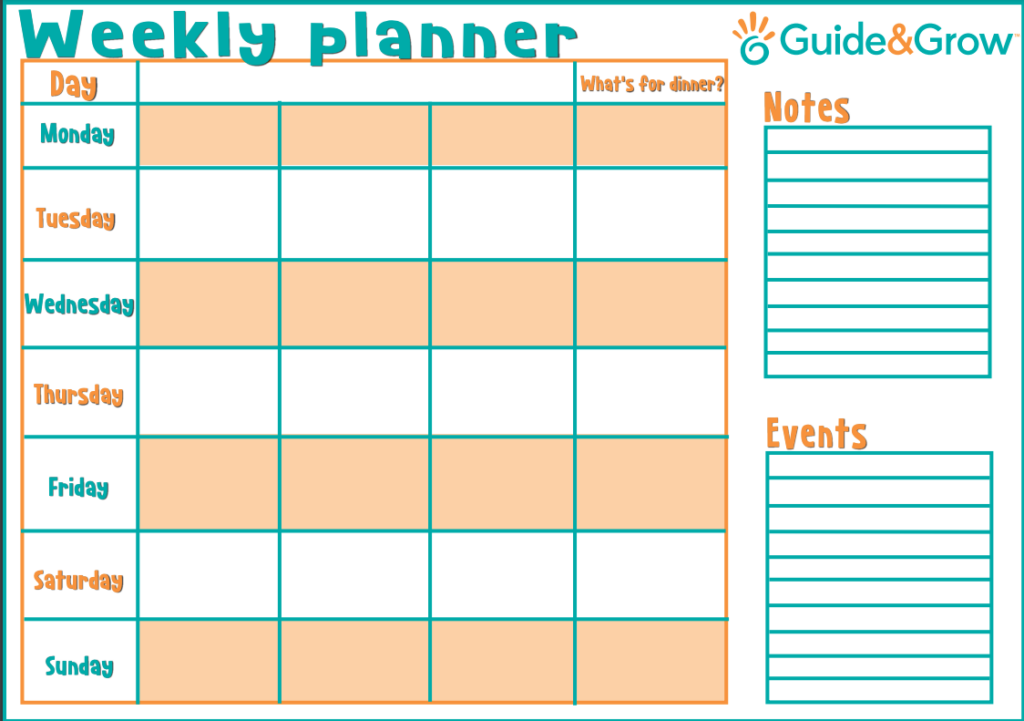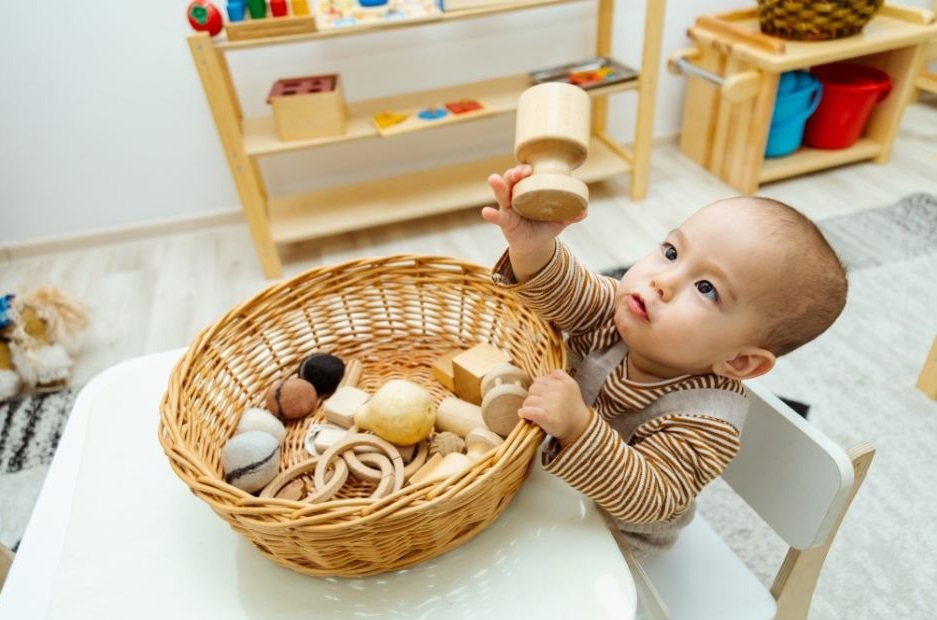Ever feel like the hours are flying past? The minutes race by and the seconds seem almost non-existent? Sounds familiar right?
The daily routine says it all. Now add on the washing, the cooking, feeding, nappy changing…oh that endless list of chores! Looking after a child, let alone 2, 3, 4 or more of them really makes time practically non-existent. We all know the cycle – “The race against the clock”!
Next thing you know it’s 11:30 pm and you just sat down to have a cup of tea and instead have just fallen asleep out of pure exhaustion. Day after day the cycle continues until one day you realize your patience is gone, you can’t keep up anymore and you are just on auto-pilot.
Explore the fundamentals of Montessori parenting with this free video by Sylvia Arotin, offering insights and strategies to empower and educate your child.
The guilt sets in. What have I been doing for my children? I have hardly given them attention. I’ve been so caught up in my agenda and just running the house and life itself…where has the time gone? I should be doing more for them… they are not learning enough…this is their prime and what have I taught them?

Being a parent is tough. It’s tiring and it can be exhausting. This journey is all about self-development though and is a reflection of one’s self. Coming to these realisations is all a part of the process and it is the first step forward when you feel like time is running out. The most important thing to do if you feel this way is the following:
- Be honest and real with your children. If you are struggling or tired, let them know. You will be surprised how understanding and considerate they are and they will just want to make it all better for you.
- Every moment you interact with your child is an opportunity for learning. So, use those everyday moments and make them count. Whether it is eating at the table or just going to the toilet – it’s just about being more conscious in that moment to turn it into an opportunity for learning.
- Choose a part of your daily routine where you can involve your child/children as part of the activity. Cooking, laundry, packing things away etc. This way, you are doing things together even if it might take you a bit longer to get it done. Practical life activities give children life skills.
- Make time in your schedule – select a 15-20 min window a week where you sit down and plan out some activities you can do in the home and things you can set up to keep your child/children stimulated and brainstorm (if your children are old enough involve them in the planning).

Lastly don’t be too hard on yourself as you’re doing the best you can with the circumstances and environment that you are in. Even if you just change your response of impatience to patience – in a moment of frustration – and think: “my child is just learning”…that is the biggest lesson being taught to your child right there. And just like that, you’ve turned the moment around!
Remember – we are all in this together!








